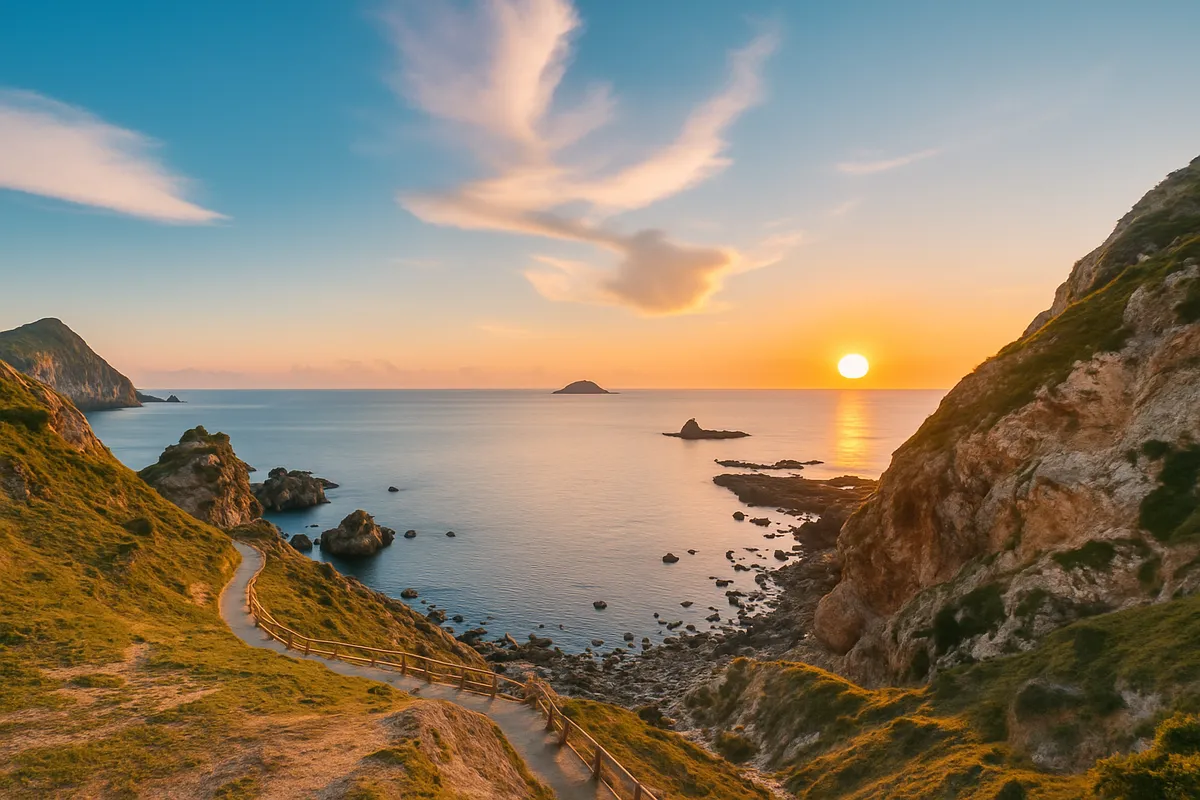Things to know before booking an Airbnb abroad
- Thursday, Jun 26, 2025, 18:22 (GMT+7)
Things to know before booking an Airbnb abroad
Booking an Airbnb while traveling abroad has become a favorite choice for young travelers who crave authenticity and want to experience life like a local instead of staying in conventional hotels. Behind those polished photos and warm welcomes lies a wide range of real-life experiences. Some travelers are delighted to the point of becoming repeat guests, while others promise never to use the platform again. What makes the difference is knowing the small but crucial details beforehand.
The first experience when browsing Airbnb listings can feel like walking into a maze. At the same price point, you might find a cozy and well-equipped place in the heart of the city, or a remote location with barely any amenities. Many travelers make the mistake of relying solely on the photos without reading the full listing description. Some hosts write detailed descriptions while others offer only a vague overview. Often, what is not mentioned turns out to be the biggest issue. For example, in Japan, rooms can be extremely compact, but the listing may not show the actual size. In parts of Europe, beautifully decorated apartments are sometimes located on the fifth floor without an elevator. If these details are not reviewed carefully, the experience may fall short of expectations.
One of the most effective but least shared tips is to pay attention to the timeline of reviews. Do not just glance at the average rating. Instead, read the most recent feedback. A listing that used to be great may have changed owners or dropped in quality. On the other hand, a property with poor older reviews might have improved significantly. It is also smart to read reviews from travelers who share your travel style. A business traveler might find a place ideal while a backpacker could find it inconvenient, or the other way around.
Communication with the host is another crucial factor. It is smart to message them before booking to double-check details such as check-in time, how to collect the keys, and whether someone will be available to assist during your stay. Many travelers arrive only to find that entry requires a keypad code, the Wi-Fi is not turned on, or the heater is broken in the middle of a cold season. These problems can be solved more easily if expected in advance, but are frustrating when they come as a surprise.
Some cities like Amsterdam, Paris, or New York have strict regulations on short-term rentals. Many listings operate unofficially in these areas which means that if something goes wrong, platform support may be limited. Some guests have been confronted by neighbors or even had to deal with local authorities checking the property late at night. Although guests may not be doing anything illegal, the discomfort can negatively impact the trip.
A useful habit is to take screenshots of the original listing right after booking, including all images and descriptions. There have been cases where hosts later edited their listings or removed key details. If the property upon arrival does not match the description, having this saved information becomes essential for reporting the issue. This is especially helpful for listings that include features such as air conditioning, a kitchen, or a washing machine.
Travelers looking for budget-friendly options should be cautious of hidden costs. Low nightly rates may come with high cleaning fees, late check-in charges, or expectations that guests clean the property thoroughly before leaving. Some of these fees are clear, others appear after booking. Always check the final amount and carefully read the policy section before confirming your stay.
Do not assume that basic amenities such as hot water, heating, compatible electrical outlets, or strong Wi-Fi will be included. One traveler booked a beachfront apartment in Spain without realizing it lacked air conditioning during the peak of summer. Another stayed in a charming historic home in Florence where the Wi-Fi could not support video calls. Asking the host directly about these facilities helps prevent such situations.
Safety is another issue that many overlook. Not every listing is located in a secure area. In major cities like Rio de Janeiro or Johannesburg, choosing accommodation in the wrong neighborhood can carry serious risks. Use satellite maps, street view, or travel forums to verify the neighborhood, especially when traveling solo or coming back late at night.
For group travel or families, shared space arrangements should be considered carefully. Some listings claim to accommodate six people but only offer one small bathroom or a couch that is unsuitable for sleeping multiple nights. There have been situations where guests had to find additional lodging due to overcrowding. It is important to check whether each person will have a proper bed and whether the bathrooms are adequate.
Unlike hotels, not all Airbnb properties are cleaned professionally. Some are tidied up only briefly or left to the guest. To avoid surprises, ask about cleaning procedures, whether there is support during the stay, and if basic supplies such as clean towels, soap, and hand sanitizer are provided. This becomes even more important during flu seasons or in destinations with high hygiene standards.
One last but important aspect is communication in case of emergencies. Airbnb allows issues to be reported through the app, but how quickly help arrives depends on the location and time zone. Some guests have lost their keys late at night, called the host without an answer, and struggled with customer service that did not speak their language. This shows the importance of having an international SIM card or booking with hosts who have proven responsiveness in reviews.
Airbnb can offer unforgettable travel experiences when approached with care and preparation. Stay flexible, combine careful research with realistic expectations, and treat every listing as a unique space. Choosing accommodation is not just about finding a place to sleep but about enhancing the journey itself. Once mastered, it adds value to every destination and turns even the simplest trip into something truly memorable.

 CHECKIN.VN
CHECKIN.VN








Share on